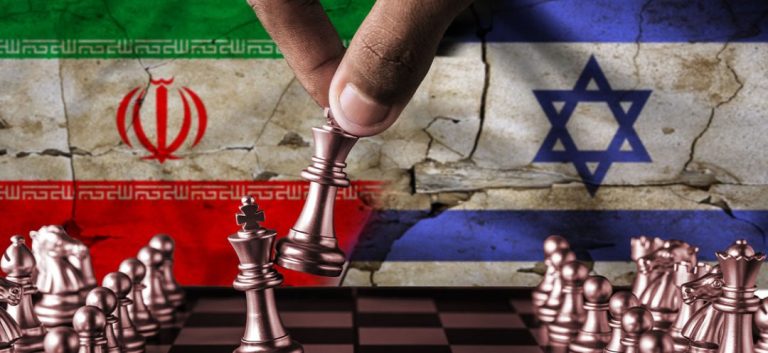Lebanon, Saudi Arabia, ISIS and Hezbollah
Abdulrahman al-Rashed/Al Arabiya
Thursday, 7 August 2014
http://english.alarabiya.net/en/views/news/middle-east/2014/08/07/Lebanon-Saudi-Arabia-ISIS-and-Hezbollah.html
The additional $1 billion which Saudi Arabia offered to the Lebanese army this week is not a gift but a political act that comes within the remit of curbing the current strife in Lebanon and its surroundings.
Saudi Arabia could have offered this financial aid to build up a Lebanese Sunni militia and would have had many reasons for doing so, from fighting the Sunni Islamic State of Iraq and Syria (ISIS) to deterring the Shiite Hezbollah and Bashar al-Assad’s intelligence forces.
Instead, Saudi Arabia chose to support the army in Lebanon – a country full of Christian, Druze and Shiite militias. So why does Saudi Arabia support the army and not Ahmad al-Assir, Khaled al-Daher or Adnan Imama and other Sunnis looking for a funder? It’s not in Saudi Arabia’s interest for Lebanon to turn into an arena for sectarian militias fighting each other on behalf of the region’s countries. It’s also not in the interest of Lebanon’s Sunnis and Shiites to support taking up arms and rebelling against the state. Despite assassinations and political mobilization, Lebanese public opinion remains mostly against resorting to arms, particularly following the destructive civil war that erupted in the 1970s. Therefore, the choice was made to support the Lebanese state and arm its military institution so the army can carry out its duties of protecting the Sunnis and the rest of the country’s factions. Let us recall that although Hezbollah has better arms and has had a fighting force for more than 30 years, it has failed to gain legitimacy despite its claim that it’s a resistance group and the guardian of Lebanon’s borders.
“Strengthening the Lebanese army means weakening Hezbollah’s scheme to dominate Lebanon”
Abdulrahman al-Rashed
It’s expected that supporting the army and strengthening it will anger groups such as Hezbollah. Hezbollah prefers the creation of Sunni militias so it can justify its existence as an armed Shiite militia. It prefers this scenario over strengthening the Lebanese army – something that can legitimately and militarily threaten it raison d’etre.
Standing against militias
Saudi Arabia has taken a decision against supporting the concept of militias, whether Sunni or Shiite, in Lebanon and other countries. It considers strengthening the state to be the correct option, not just for the Lebanese people, but for all the region’s countries which are concerned with establishing security. To respond to Saudi Arabia’s decision not to stand against legitimacy, Assad and the Iranian regime have since the 1980s invented religious Sunni leaders that compete with the civil Sunni leadership in order to hijack authority from leaders such as Karami, Solh and Hariri. Even Lebanon’s Sunni mufti, Mohammad Rashid Qabbani is rejected by Lebanon’s Sunnis because they consider him as an employee of the Assad regime! The Lebanese situation is similar to the Palestinian one as Fatah al-Islam, Hamas and the Islamic Jihad are linked to the Iranian and Syrian regimes.
Strengthening the Lebanese army means weakening Hezbollah’s scheme to dominate Lebanon and turn it into an Iranian emirate. It will enable the Lebanese to confront Sunni terrorist organizations which came running behind Hezbollah from Syria into Lebanon in this cat and mouse chase. The events in Arsal have proven the importance of having a strong army that stops the meddling of Hezbollah which sought to clash with Syrian groups under the Lebanese army’s flag. Military challenges at state level, from the events in Nahr al-Bared refugee camp to the recent events in Arsal, have proven that it’s not possible to trust Hezbollah and that the Lebanese people will not accept that any party besides the army defends their security. However, strengthening the Lebanese army does not promise salvation from Hezbollah and other militias as this aim is impossible to achieve in the near future. The aim is to halt Hezbollah’s progress towards its goal of playing the role of the Syrian army, which was expelled from Lebanon after a UNSC decision following Syria’s involvement in the assassination of Hariri nine years ago. A strong Lebanese army will either weaken the militia’s justification that they should have a presence in the country or restrict their activity. In this case, Hezbollah will become a Shiite problem, and resolving it will be left to Lebanon’s Shiites.



















